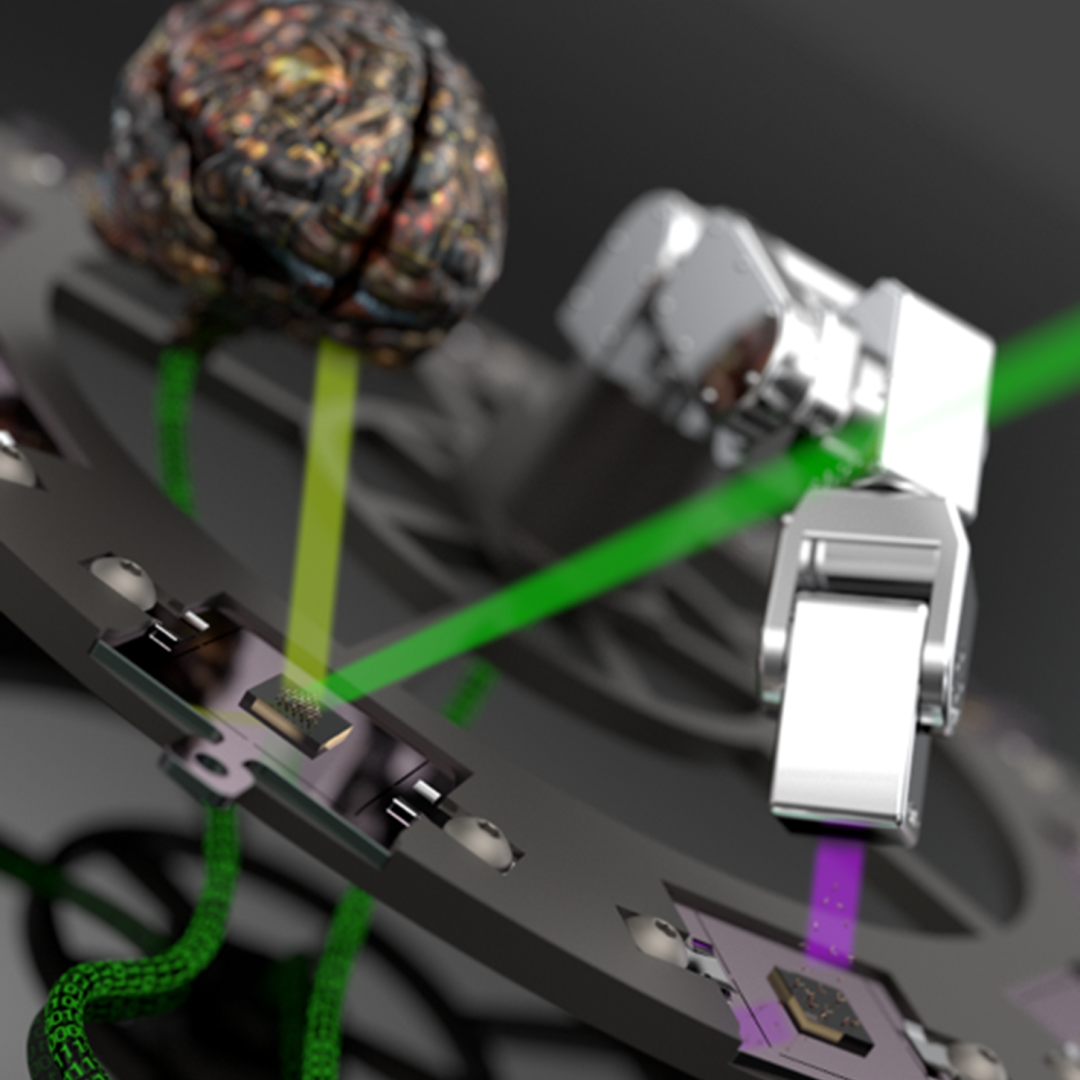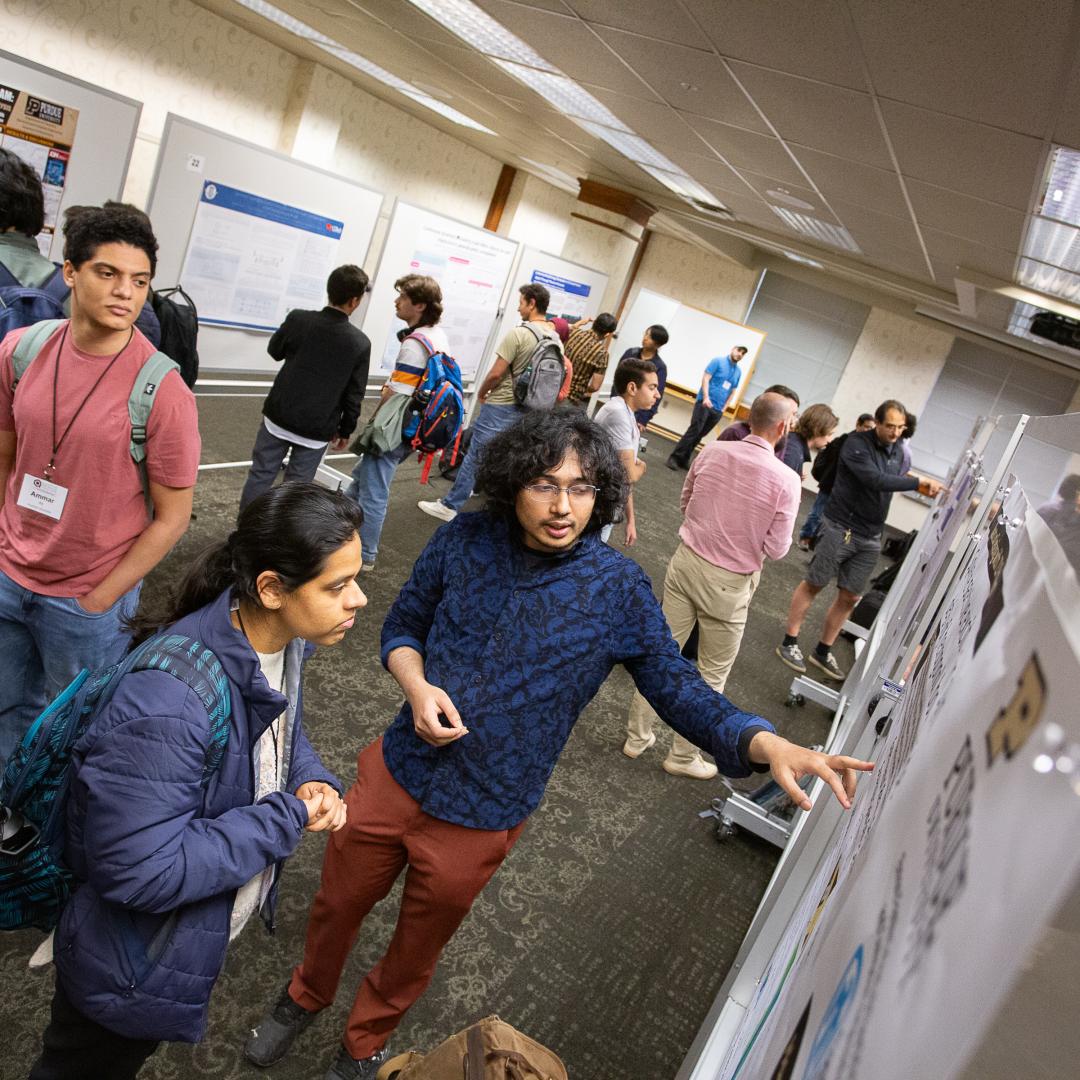Filter News
Area of Research
News Topics
- (-) Biomedical (2)
- (-) Molten Salt (1)
- (-) Net Zero (2)
- 3-D Printing/Advanced Manufacturing (9)
- Advanced Reactors (2)
- Artificial Intelligence (11)
- Big Data (3)
- Bioenergy (5)
- Biology (7)
- Biotechnology (3)
- Buildings (3)
- Chemical Sciences (8)
- Climate Change (12)
- Composites (2)
- Computer Science (8)
- Coronavirus (2)
- Critical Materials (1)
- Cybersecurity (3)
- Decarbonization (8)
- Education (3)
- Energy Storage (7)
- Environment (8)
- Exascale Computing (3)
- Frontier (4)
- Fusion (2)
- Grid (3)
- High-Performance Computing (13)
- Isotopes (2)
- Machine Learning (4)
- Materials (28)
- Materials Science (7)
- Microscopy (4)
- Nanotechnology (2)
- National Security (4)
- Neutron Science (8)
- Nuclear Energy (5)
- Partnerships (18)
- Physics (4)
- Polymers (1)
- Quantum Computing (3)
- Quantum Science (4)
- Renewable Energy (1)
- Security (2)
- Simulation (7)
- Summit (2)
- Sustainable Energy (2)
- Transportation (5)
Media Contacts
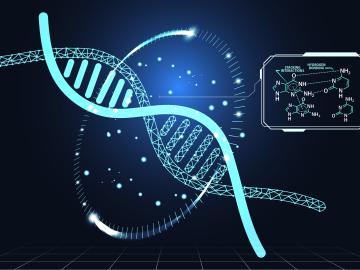
Scientists at ORNL used their expertise in quantum biology, artificial intelligence and bioengineering to improve how CRISPR Cas9 genome editing tools work on organisms like microbes that can be modified to produce renewable fuels and chemicals.
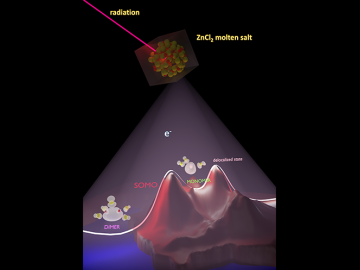
In a finding that helps elucidate how molten salts in advanced nuclear reactors might behave, scientists have shown how electrons interacting with the ions of the molten salt can form three states with different properties. Understanding these states can help predict the impact of radiation on the performance of salt-fueled reactors.
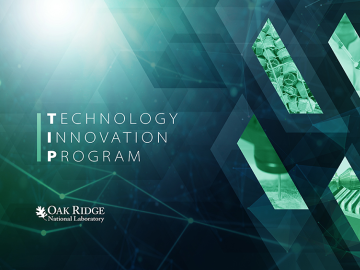
Scientist-inventors from ORNL will present seven new technologies during the Technology Innovation Showcase on Friday, July 14, from 8 a.m.–4 p.m. at the Joint Institute for Computational Sciences on ORNL’s campus.
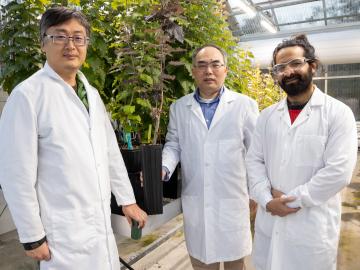
In a discovery aimed at accelerating the development of process-advantaged crops for jet biofuels, scientists at ORNL developed a capability to insert multiple genes into plants in a single step.
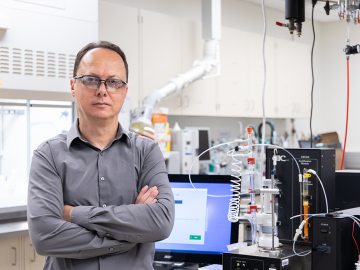
An innovative and sustainable chemistry developed at ORNL for capturing carbon dioxide has been licensed to Holocene, a Knoxville-based startup focused on designing and building plants that remove carbon dioxide


